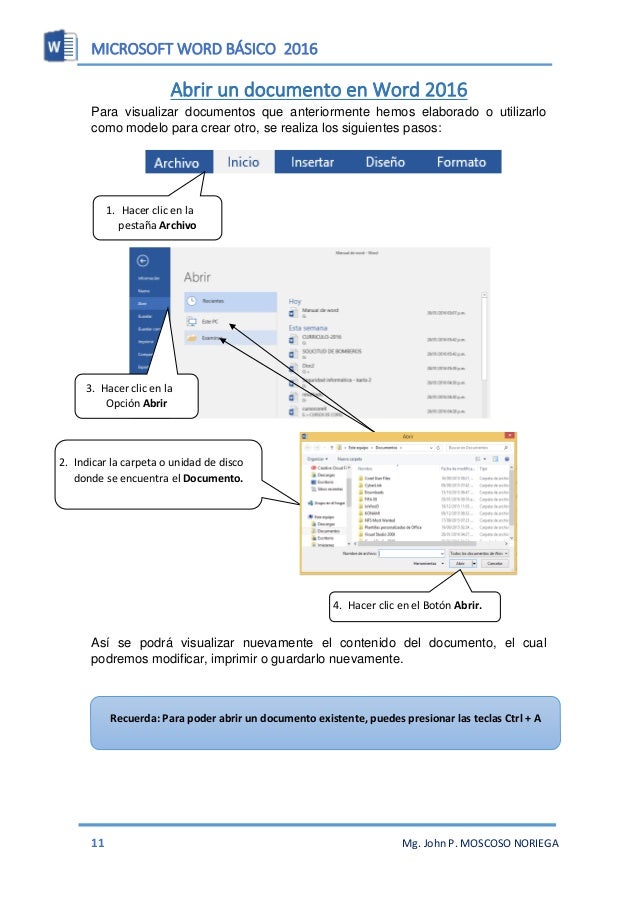

Asphalt, metal, a haze of dusty dancing atoms that reflected dazzling from the wings and windows of the airplanes. “It was dry at the airport, cars grinding in and out on the gravel,” says the narrator in “Electric Car, El Paso,” a funny four-page dollop. “I’ve worked in hospitals for years now and if there’s one thing I’ve learned it’s that the sicker the patients are the less noise they make,” goes the first line of “Temps Perdu.” How easy and inviting is that? Berlin’s writing is un-sanitized, too, but it’s frequently as straightforward as a friend with, well, a story. Blood is a frequent topic along with other bodily fluids. There’s a medical undertow to the entire collection-dentists, abortionists, hospitals, nurses. Health problems ranged from alcoholism to double scoliosis.īerlin’s style is blunt, gritty, unflinching, non-flashy, earnest, detailed, matter-of-fact. Then she lived with her mother’s family in El Paso, then Chile, then Mexico, Arizona, New Mexico, New York City, Boulder (Colorado), Berkeley, Los Angeles. Some of her youth was spent in mining camps in western United States. Borrowing from Davis’ foreword, she was born in Alaska. Dirt.īerlin’s life was wild and unsettled. (Skip right to “Point of View” as Berlin invokes Chekhov and basically tells us how she uses “intricate detail” to make a character “believable.” This is a short story about writing her secrets.)įor her eye on the down and out, Steinbeck is an apt comparison, too. The comparisons are out there-Carver, Proust, Chekhov, Proulx. Writing in The New York Times, Ruth Franklin said Berlin’s stories “are the kind a woman in a Tom Waits song might tell a man she’s just met during a long humid night spent drinking in a parking lot.” This is the way we like to be, when we’re reading-using our brains, feeling our hearts beat.”Īnd that’s precisely the feeling you get. And in response, the reader’s mind, too, beguiled, enraptured, comes alive, all synapses firing.

Lydia Davis: “Lucia Berlin’s stories are electric, they buzz and crackle as the live wires touch. Read the opening foreword by Lydia Davis, and you’ll have no choice but to dive into the stories and then, well, you’re hooked with that voice, especially after you reach the wickedly funny title story (the fourth). Then she suddenly brings you back and knocks the wind out of you with one of her singular last lines.” Each of her stories unfolds in such unexpected ways you nearly forget where the tale has begun. She can transport you from the alcoholics of El Paso to the inmates of Oakland as easily as she can make you believe she was capable of loading a lethal dose into her addict husband’s syringe before going to the hospital to deliver his child.

Geohegan: “The moves she makes in her fiction shadow the peripatetic nature of intimate conversation, and in turn, her peripatetic life. As art.Īs Elizabeth Geoghegan put it so beautifully in her piece in The Paris Review, it’s the voice that pulls you in.
#Manual for word 2016 manual
I think anyone interested in writing should read A Manual for Cleaning Women if only to realize that everyday life is observable and transformable as engaging prose.


 0 kommentar(er)
0 kommentar(er)
